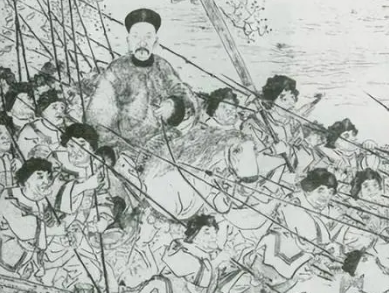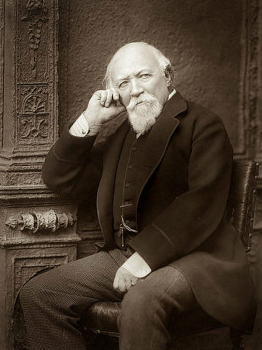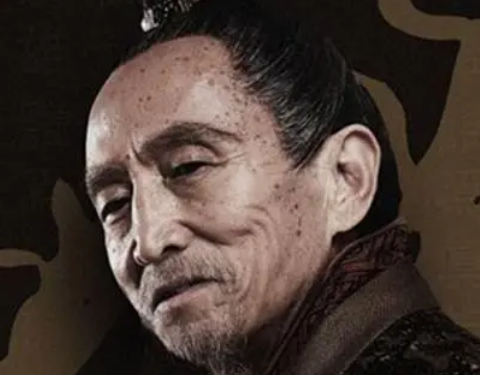In the long history of China's feudal society, the Ming Dynasty, as a unified dynasty lasting for 276 years, embodied the political wisdom and humanistic care of ancient China in its social system and welfare policies. In particular, the old-age care system of the Ming Dynasty was praised as a model of ancient social welfare. So, how good was the old-age policy of the Ming Dynasty? What about its social welfare?

II. The Specific Content of the Old-Age Policy in the Ming Dynasty
In the Ming Dynasty, the government's care for the elderly was mainly reflected in material security, social status, and legal protection. Firstly, the Ming Dynasty implemented a policy of "supporting the people with the elderly", stipulating that the elderly aged 60 or above could enjoy government support, including the supply of necessary living items such as food and clothing. Secondly, the Ming Dynasty respected filial piety and advocated a social atmosphere of respecting and caring for the elderly, who enjoyed a high status in both the family and society. Finally, the Ming Dynasty also formulated a series of laws to protect the rights and interests of the elderly, such as prohibiting elder abuse and safeguarding the property rights of the elderly.
III. The Impact and Evaluation of the Old-Age Policy in the Ming Dynasty
The old-age policy of the Ming Dynasty had a positive social impact at that time. On the one hand, these policies improved the living standards of the elderly and made their later years worry-free. On the other hand, the social atmosphere of respecting and caring for the elderly also helped maintain family harmony and social stability. However, due to the limitations of social and economic conditions at that time, these policies also had certain limitations in actual implementation, such as low support standards and significant regional differences.
IV. Conclusion and Enlightenment
In summary, the old-age policy of the Ming Dynasty was advanced and humanistic at that time, leaving valuable historical experience for later generations. However, we should also see that these policies still had inadequacies in practical operation. Therefore, while drawing on the old-age policy of the Ming Dynasty, we should also combine the actual situation of modern society to continuously improve and develop China's old-age care system and social welfare policies, in order to better protect the rights and interests of the elderly and improve their quality of life.
Disclaimer: The above content is sourced from the internet and the copyright belongs to the original author. If there is any infringement of your original copyright, please inform us and we will delete the relevant content as soon as possible.
































